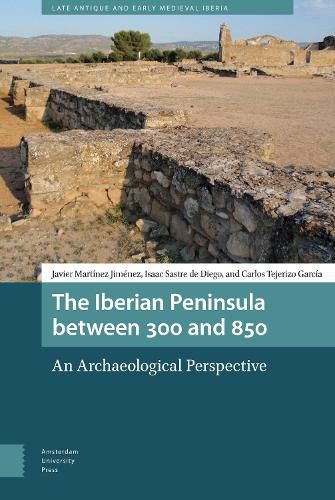Readings Newsletter
Become a Readings Member to make your shopping experience even easier.
Sign in or sign up for free!
You’re not far away from qualifying for FREE standard shipping within Australia
You’ve qualified for FREE standard shipping within Australia
The cart is loading…






The vast transformation of the Roman world at the end of antiquity has been a subject of broad scholarly interest for decades, but until now no book has focused specifically on the Iberian Peninsula in the period as seen through an archaeological lens. Given the sparse documentary evidence available, archaeology holds the key to a richer understanding of the developments of the period, and this book addresses a number of issues that arise from analysis of the available material culture, including questions of the process of Christianisation and Islamisation, continuity and abandonment of Roman urban patterns and forms, the end of villas and the growth of villages, and the adaptation of the population and the elites to the changing political circumstances.
$9.00 standard shipping within Australia
FREE standard shipping within Australia for orders over $100.00
Express & International shipping calculated at checkout
The vast transformation of the Roman world at the end of antiquity has been a subject of broad scholarly interest for decades, but until now no book has focused specifically on the Iberian Peninsula in the period as seen through an archaeological lens. Given the sparse documentary evidence available, archaeology holds the key to a richer understanding of the developments of the period, and this book addresses a number of issues that arise from analysis of the available material culture, including questions of the process of Christianisation and Islamisation, continuity and abandonment of Roman urban patterns and forms, the end of villas and the growth of villages, and the adaptation of the population and the elites to the changing political circumstances.